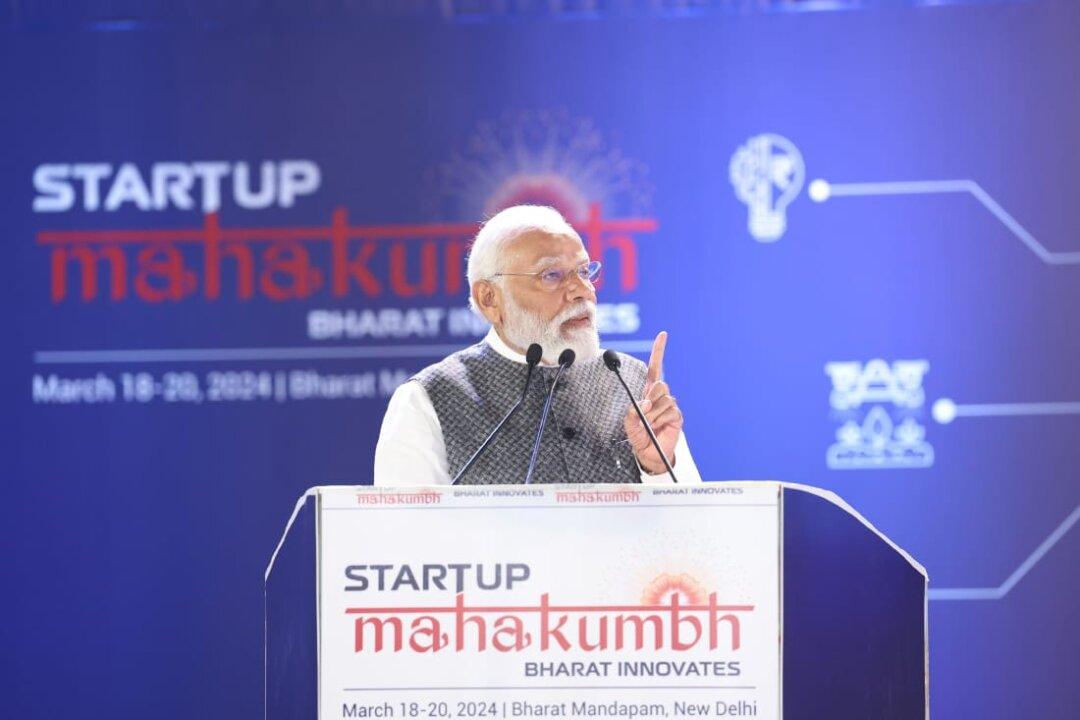NEW DELHI/JAMMU—India, the world’s most populous country, also has the world’s largest youth population, with more than 800 million people below the age of 35. This aspirational demography is key to the country’s projected growth in the next decade, while it also remains the focus of its policymakers, particularly in its volatile border states.
After the 2019 abrogation of a special constitutional provision called Article 370, which provided a special status to the former state of Jammu and Kashmir, the government of India’s Prime Minister Narendra Modi split the state into two border territories. Jammu and Kashmir became one federal or union territory bordering Pakistan, while the Ladakh region of Kashmir became the union territory bordering China.





